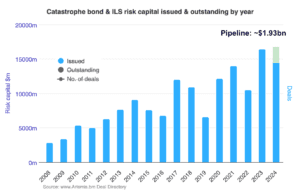To-Go Drinks, Outdoor Dining Unresolved Heading Into Weekend
The pre-pandemic practices that restaurants had to revert back to this week will stay in place at least for the weekend as no agreement on codifying outdoor dining permitting practices and re-authorizing takeout alcohol emerged before lawmakers adjourned Thursday for the weekend.
Since Monday, restaurants have not been allowed to sell pre-made mixed drinks or other alcoholic beverages to go as they had for most of the last four years, and restaurants that had not already taken advantage of a streamlined outdoor dining permitting process have not been allowed to seat customers in pandemic-era outdoor spaces.
The House and Senate generally agree on codifying the outdoor dining licensing reforms, but differ on whether to continue to allow to-go drinks. Those issues are also wrapped up in significant negotiations around fiscal 2024 shelter policy and funding.
The six lawmakers appointed to iron out a single supplemental budget bill began their talks Monday, but are proceeding behind closed doors. The Senate adjourned until Monday at about 11:45 a.m. Thursday, eliminating the possibility of any deal passing through the Legislature and onto Gov. Maura Healey’s desk until at least early next week. The House wrapped up at 1 p.m.
The outdoor dining language, first installed as part of an executive order from Gov. Charlie Baker, streamlined the process for cities and towns to approve where alcohol and food can be served outside the existing licensed premises. Without that language on the books, restaurateurs face the traditional (and longer) process to be allowed to expand outdoors, which involves the municipality and the Alcoholic Beverages Control Commission.
On the issue of to-go drinks, the Massachusetts Package Store Association has been vocally campaigning against its continuance. The group says the policy is no longer needed in the same way it was early in the pandemic’s public health emergency and that it now threatens traditional retail alcohol sales.





